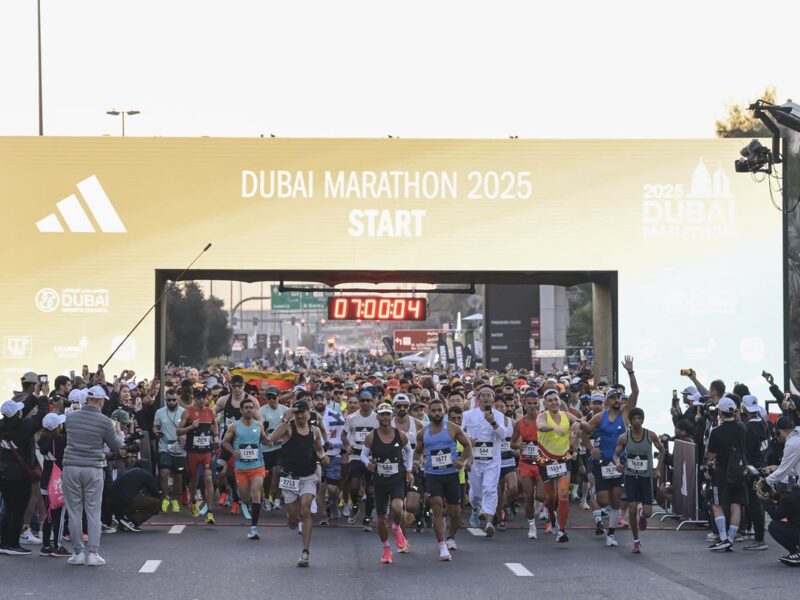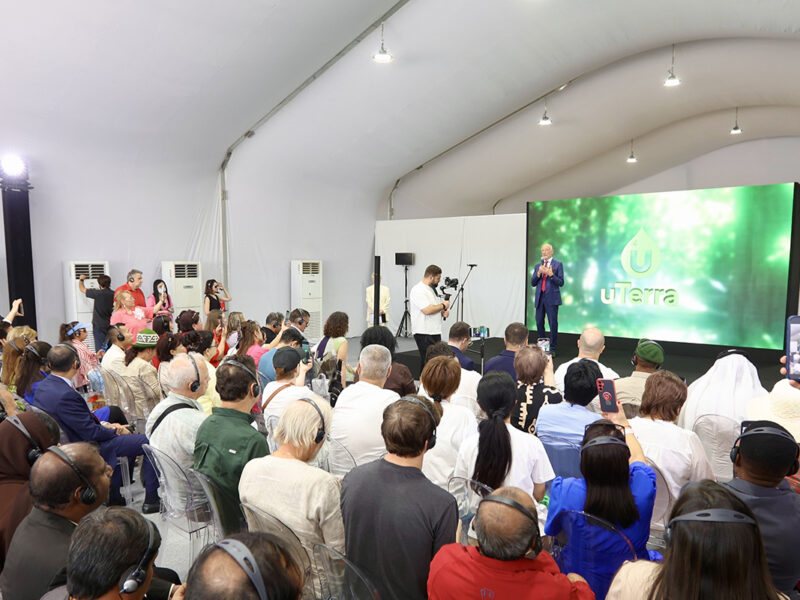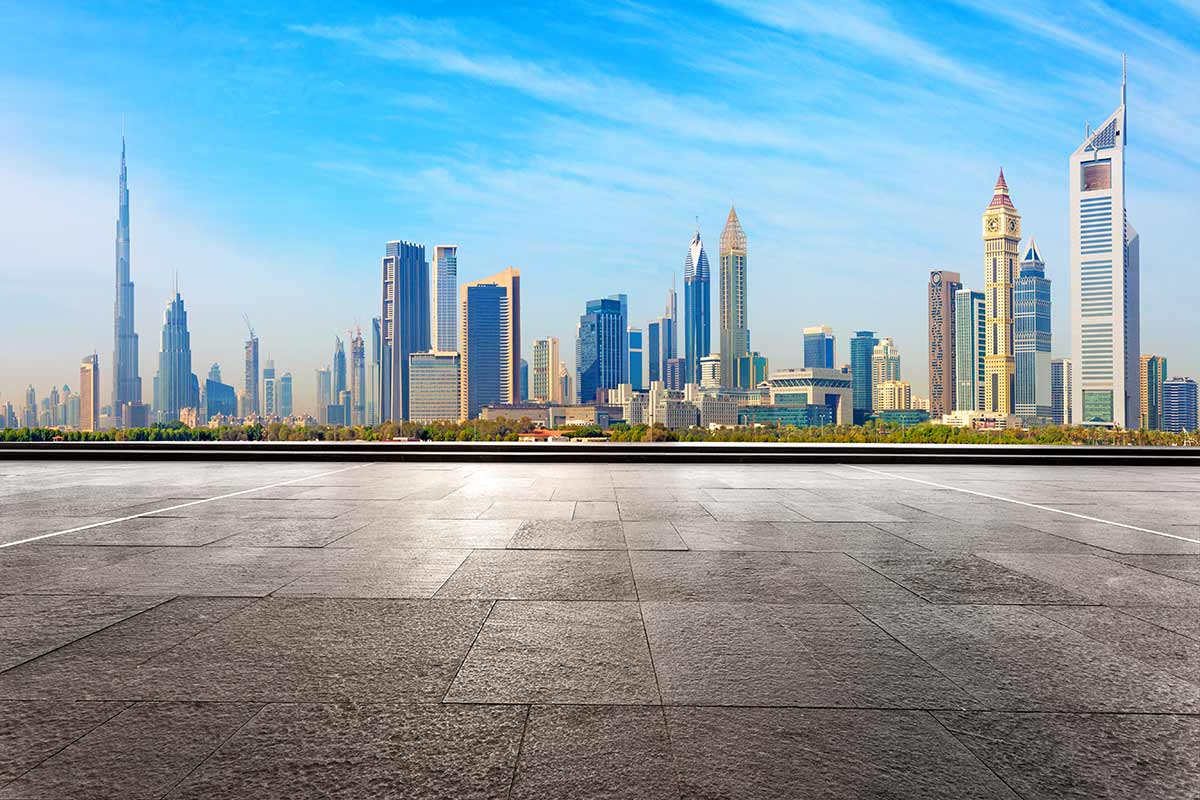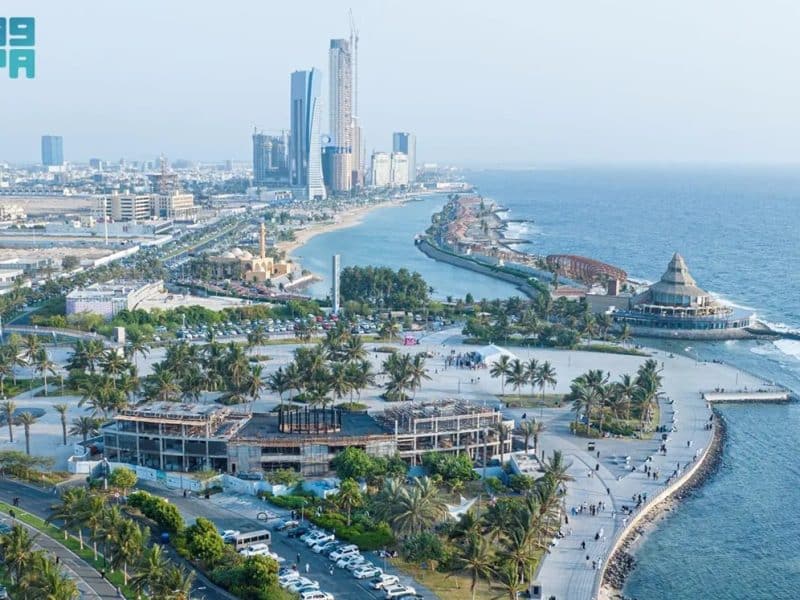The surging pace of Dubai’s demographic expansion is driving demand for residential real estate in the city in the early months of 2025, with developers in a race to launch new and innovative projects, industry players said.
The spike in population growth, along with the rising migration of global high-net-worth individuals (HNWIs) to Dubai, has raised the need for high-quality residential supply in locations that align with evolving buyer and tenant preferences, they said.
The emirate’s population increased by 33,057 residents in January and February alone, reaching 3.89 million as of February 2025, according to the Dubai Statistics Center.
“If this trajectory continues, the city could see an additional 204,500 residents by the end of the year, reinforcing its position as one of the world’s most sought-after destinations for living and investment,” Farooq Syed, CEO of Springfield Properties, a leading Dubai-based real estate firm, told Arabian Business.
“This will add further impetus to the city’s already rising demand for housing assets,” he said.
Senior executives at other real estate consultancies said the sustained population growth will naturally translate into continued demand for housing, supporting an active and competitive real estate market.
The city’s ability to attract new residents at this scale also reflects the strength of its economy and its position as a global hub, they said.
The rapid population growth also reinforces the demand for increased residential supply, industry executives said.
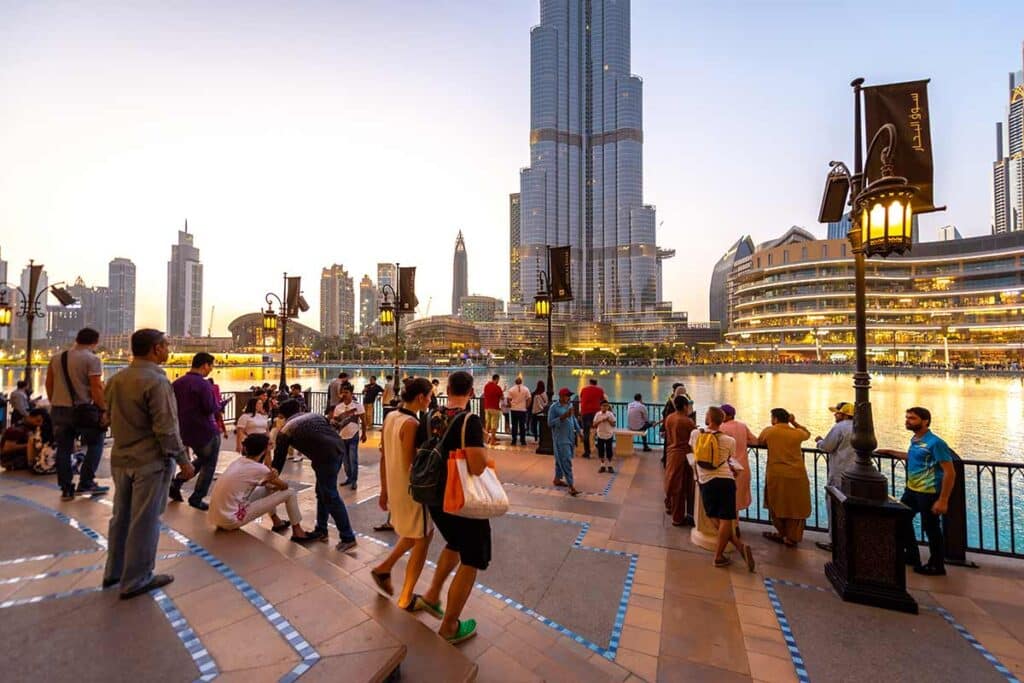
Population drives Dubai real estate
Industry experts said Dubai’s residential sector remains a key beneficiary of the expanding population as it acts as another demand driver, besides supporting the city’s status as a globally competitive real estate market.
Together with the city’s continued appeal to drive relocation and investment, this will help sustain the market growth this year amidst the slowdown fears raised by certain market indicators, they said.
Syed said that based on Dubai’s average household size of four people per unit, the rise in population level in the first two months of this year equates to a demand for over 51,126 additional homes in 2025.
He also pointed out that the city’s residential market is well-positioned to absorb this demand, as new and upcoming projects continue to cater to a diverse range of buyers and investors seeking long-term value.
“The link between population growth and real estate demand in Dubai has been well established, and this momentum is expected to continue. With sustained interest from end-users and investors, the market remains dynamic, offering a broad spectrum of opportunities across different price points and asset classes,” the Springfield Properties’ chief executive said.
HNWIs drive demand
The spike in population, along with the rising number of upwardly mobile professionals and the reported rising trend of migration of the wealthy from countries like Germany and the United Kingdom to Dubai in recent months, is also expected to further push up demand in the emirate’s luxury real estate sector this year.
Industry players said the migration of HNWIs into Dubai reflects a larger trend of global wealth consolidation in tax-efficient, high-growth cities.
The increasing number of millionaires and billionaires choosing to settle in Dubai is also a clear indicator of investor confidence and the city’s ability to sustain high-value transactions, they said.
A senior executive with a city-based proptech which caters to high-heeled property investors from different parts of the world, said the latest market indicators suggest that this trend is set to continue, particularly as the city cements its position as a low-tax, high-yield investment hub with increasing global connectivity.
“The continued strength of rental yields in prime locations further enhances Dubai’s appeal, attracting institutional investors as well as private buyers seeking portfolio diversification,” the executive said.
Industry analysts said despite the continued rise in property prices, Dubai remains competitively priced compared to other global luxury markets.
While properties in Hong Kong, Monaco, and London command some of the highest valuations worldwide, Dubai presents a more accessible alternative with comparable lifestyle offerings, they said, adding that this pricing gap continues to attract discerning investors who see room for appreciation.

